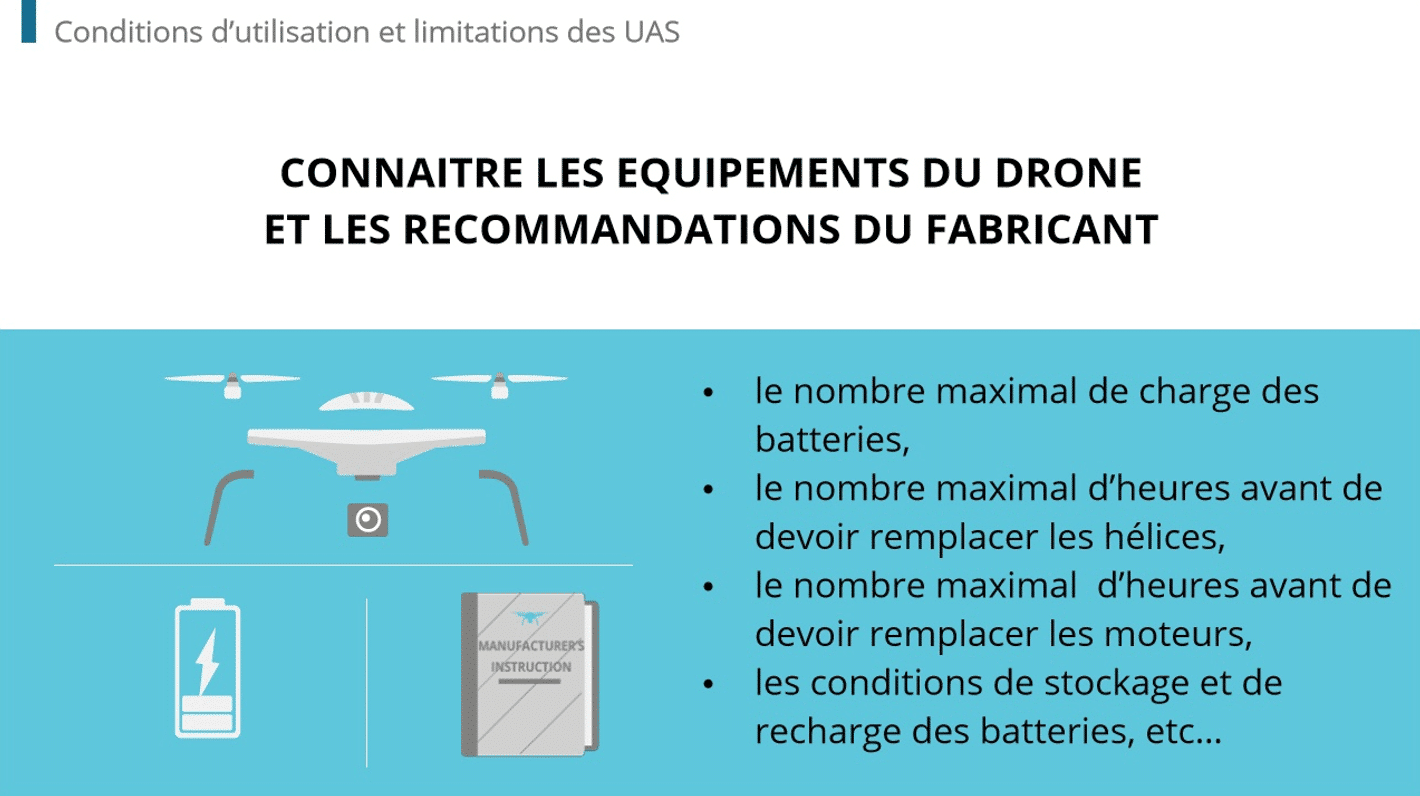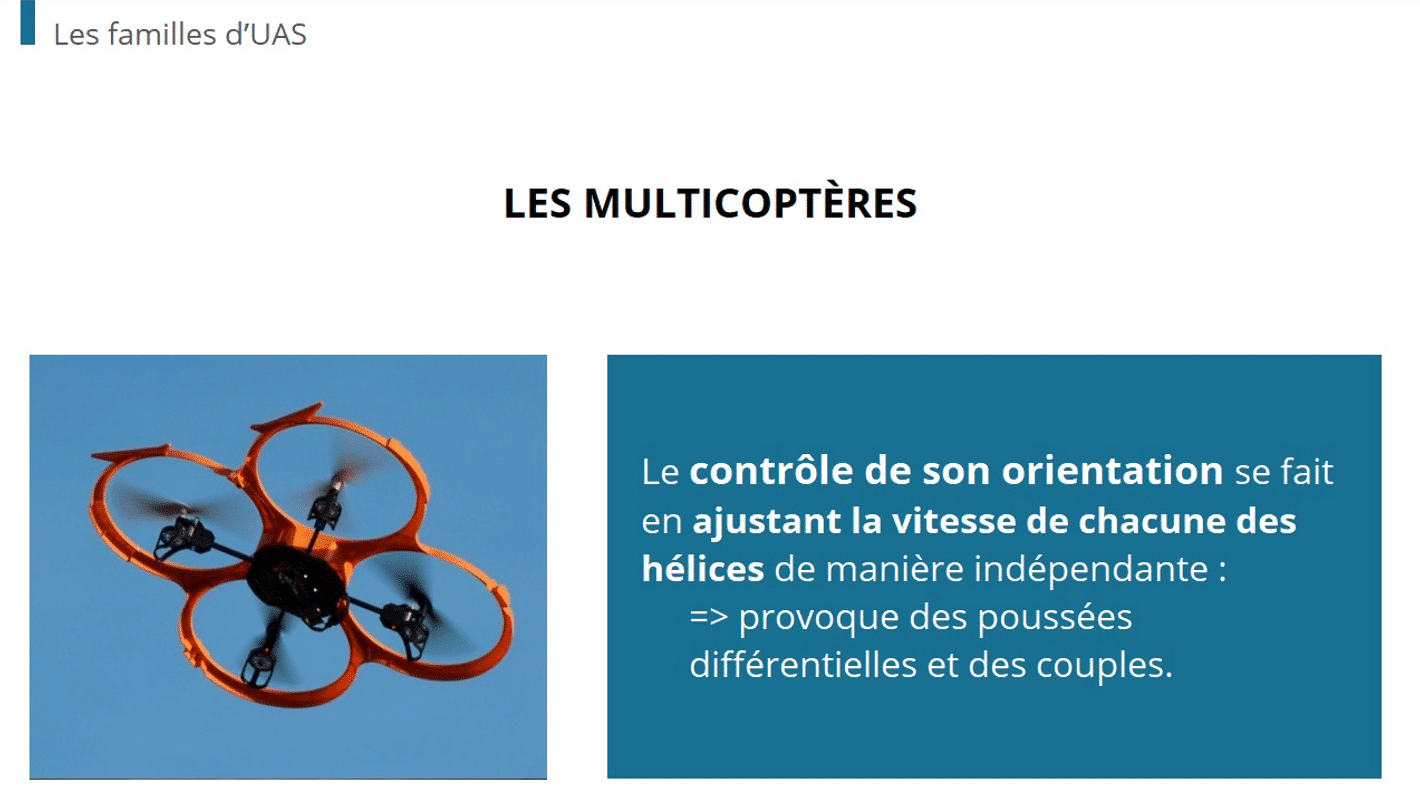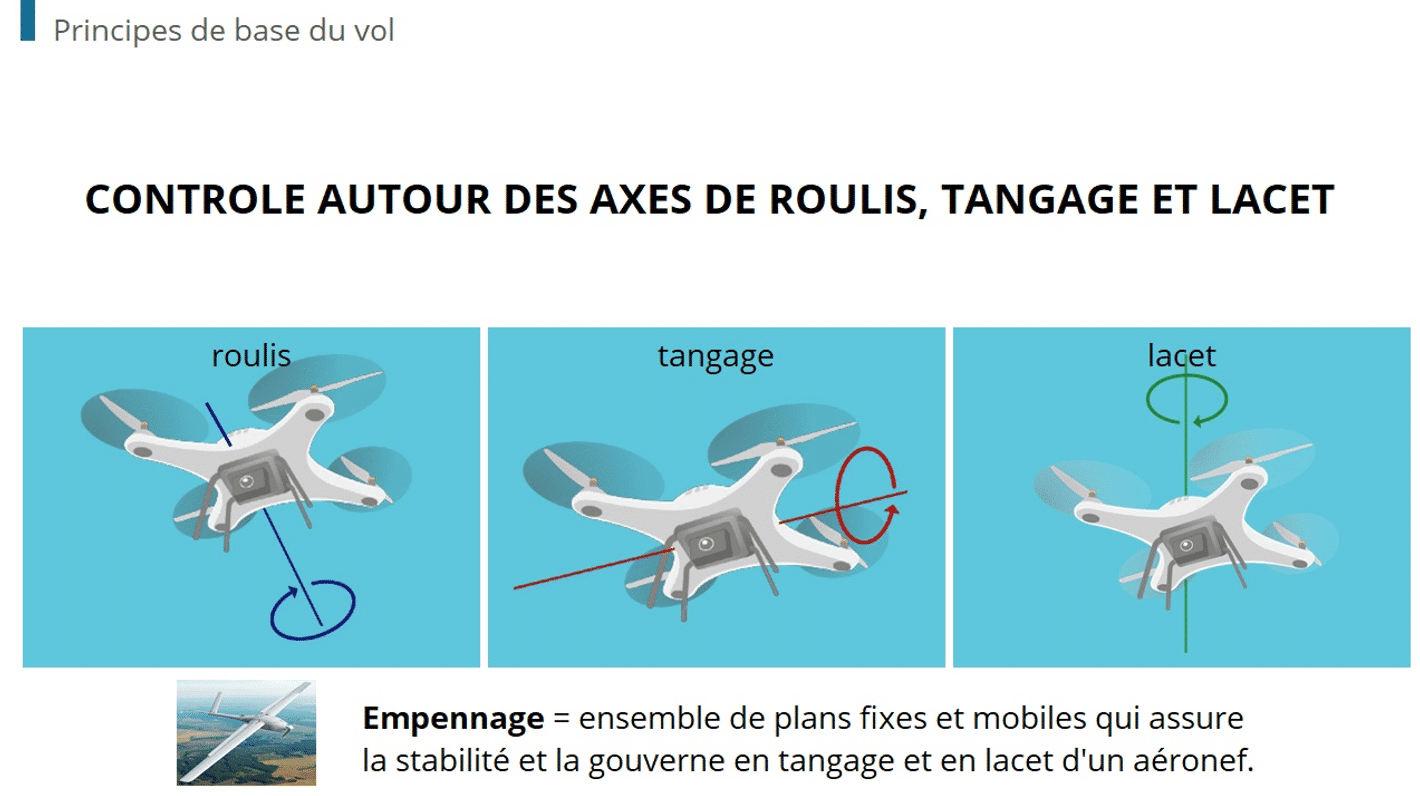Critical to the success of a business, discover the major trends in talent management for French companies in 2015.
The 2nd edition of the Talent Management Barometer conducted by ANDRH, Fēfaur and Cornerstone OnDemand sheds light on the talent management practices of 400 French companies surveyed.
Why do companies invest in talent management?
“Essential given the economic activity, non-hiring policies and downsizing,” French companies are realizing the major challenges of attracting, retaining and developing talent. A growing number (71%) believe talent management to be critical for the company’s economic performance, with 60% of companies putting policies in place.
The main areas of talent management are development and training, career and mobility, succession planning, talent management, recruitment and performance management.
What does talent management achieve?
- Improved employee engagement
- Better matching of skills to future business needs
- Better matching of skills to job requirements
- Accelerated on-boarding to positions
- Reduced recruitment costs
- Reduction in turnover
Did you say talent?
The majority of French associate talent with “the ability and willingness to evolve” (74.4%), along with the “ability to exercise the highest responsibilities / to take managerial positions,” commitment, and high performance. The French definition of potential is more elitist than the Anglo-Saxon definition, by which each employee is considered a talent.
As such, 53% reserve talent management for those with high potential, while 40.5% apply it to all staff categories. By far it is commercial activities that are most involved in talent management. However, the integration of talent management for many HR processes suggests an expansion to all internal employees or external contractors.
E-learning and talent management
Today, the obstacles to developing talent management can be attributed to the lack of budget and resources, low staff turnover, lack of tools, or the involvement of top management. Talent management is “a real challenge in terms of organization and adaptation to new technologies”.
It is highly likely that success in coming months will occur through the development of specific resources, such as software platforms to better manage talent and the development of new tools, such as e-learning, to make this management more specific and practical. Many companies have also managed to integrate previously excluded employees into training, with the purchase of tablets, which have fallen sharply in cost.
Dokeos LMS is the solution to manage your talent with coaching and training. Try it free for 60 days!
For more information, visit the 2nd edition of the Talent Management Barometer in French Companies – Edition 2015 – ANDRH – Fēfaur – Cornerstone OnDemand www.fefaur.com















